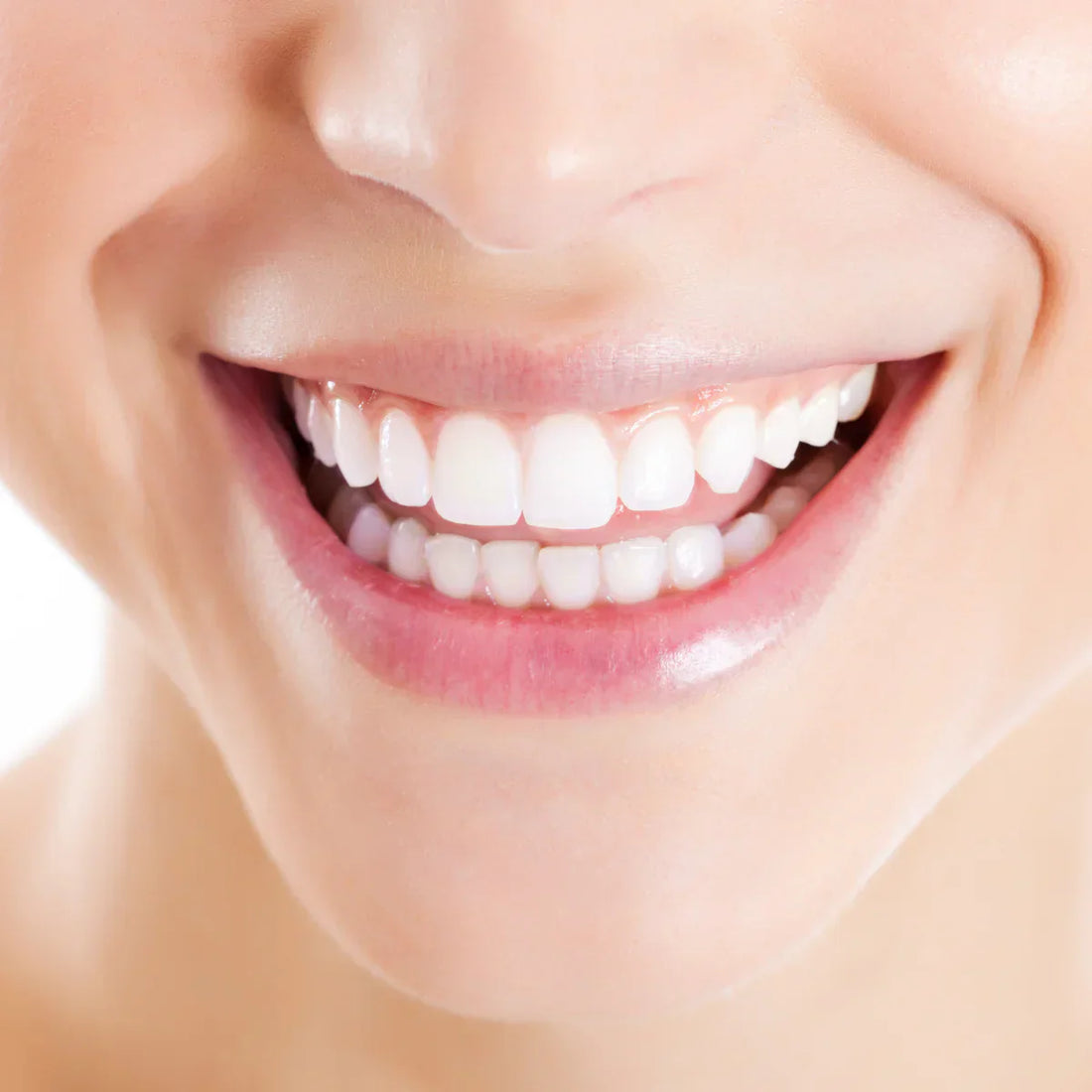
Is Teeth Whitening Suitable for Everyone? When to Avoid It and What to Watch Out For?
Share
Teeth whitening is a popular cosmetic procedure that helps achieve a bright smile. Many people opt for professional treatments at a dental office or use at-home methods such as whitening strips or gels. But is this procedure safe for everyone? Let’s explore who should avoid whitening and what potential side effects it may bring.
When Should You Consult a Dentist?
Before deciding on teeth whitening, it is recommended to consult a dentist who will assess the condition of your enamel, gums, and any existing cavities. A specialist can help you choose the most suitable method. A consultation is essential if:
- You suffer from tooth or gum sensitivity,
- You have gum disease, such as periodontitis,
- You have fillings, crowns, or veneers that cannot be whitened,
- You are pregnant or breastfeeding,
- You have untreated cavities or other dental issues.
When to Avoid Teeth Whitening?
Not everyone can safely undergo teeth whitening. Several factors can influence the safety and effectiveness of the procedure:
Tooth Sensitivity
- Whitening can increase discomfort when consuming hot or cold foods and drinks.
Pregnancy and Breastfeeding
- There is not enough research on the effects of whitening agents on the fetus or baby.
Gum Disease and Tooth Decay
- Whitening can worsen inflammation and weaken enamel.
Individuals Under 16 Years Old
- Younger people have softer enamel, which is more prone to damage.
Fillings, Crowns, and Veneers
- These materials do not respond to whitening agents, which can lead to uneven tooth shades.
Possible Side Effects of Teeth Whitening
While whitening can deliver impressive results, it is essential to be aware of potential side effects, such as:
- Increased tooth sensitivity – the most common side effect, which can last for several days,
- Gum irritation – improper use of whitening products can cause redness and pain,
- Uneven whitening – especially in cases where fillings or crowns do not change color,
- Enamel weakening – excessive whitening can lead to erosion and increased susceptibility to cavities.
How to Whiten Your Teeth Safely?
To achieve safe and long-lasting results, follow these guidelines:
- Consult a dentist before starting the process,
- Use only certified whitening products,
- Follow the recommended application time for whitening agents,
- Avoid foods that cause staining, such as coffee, tea, or red wine,
- Maintain good oral hygiene and use toothpaste that strengthens enamel.
